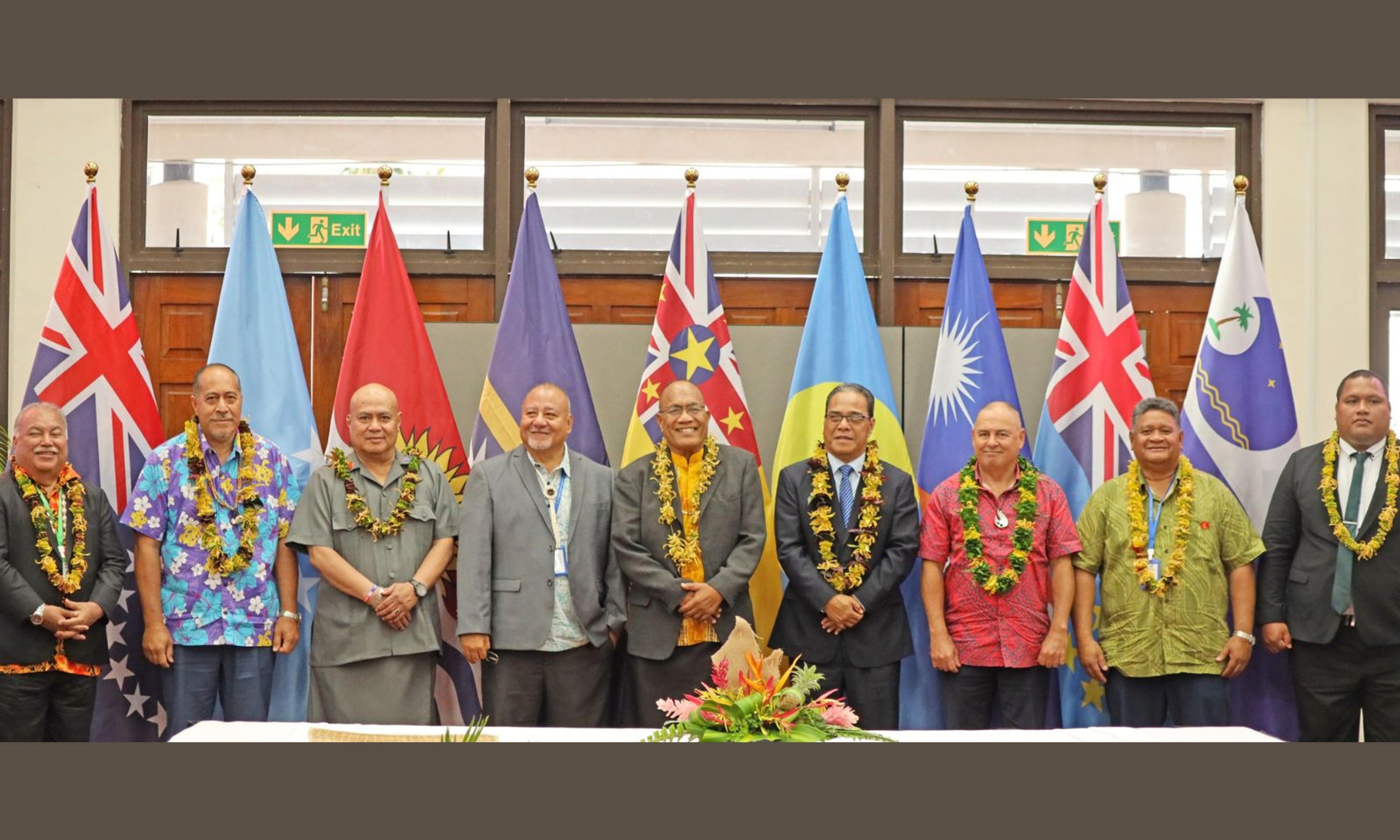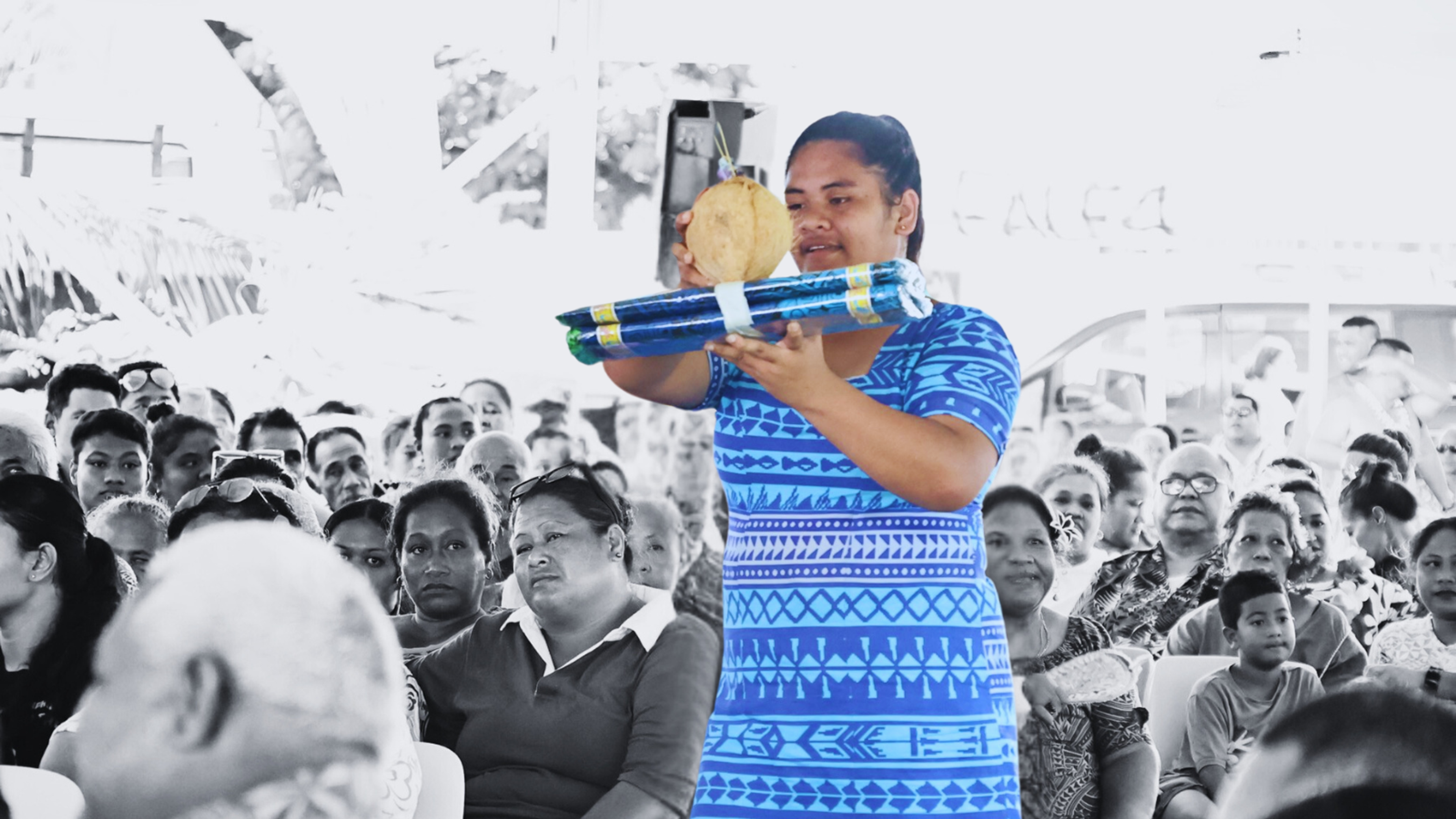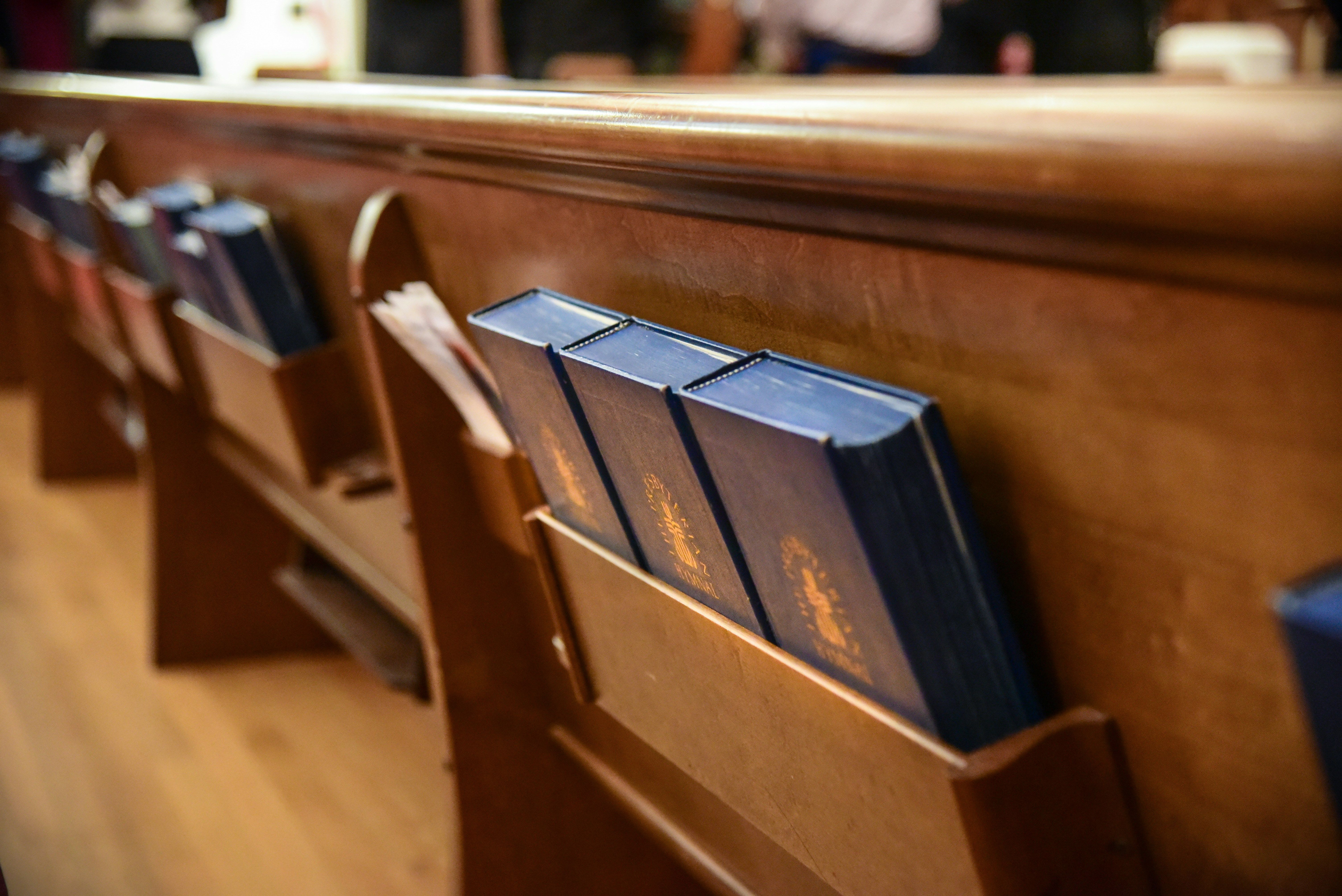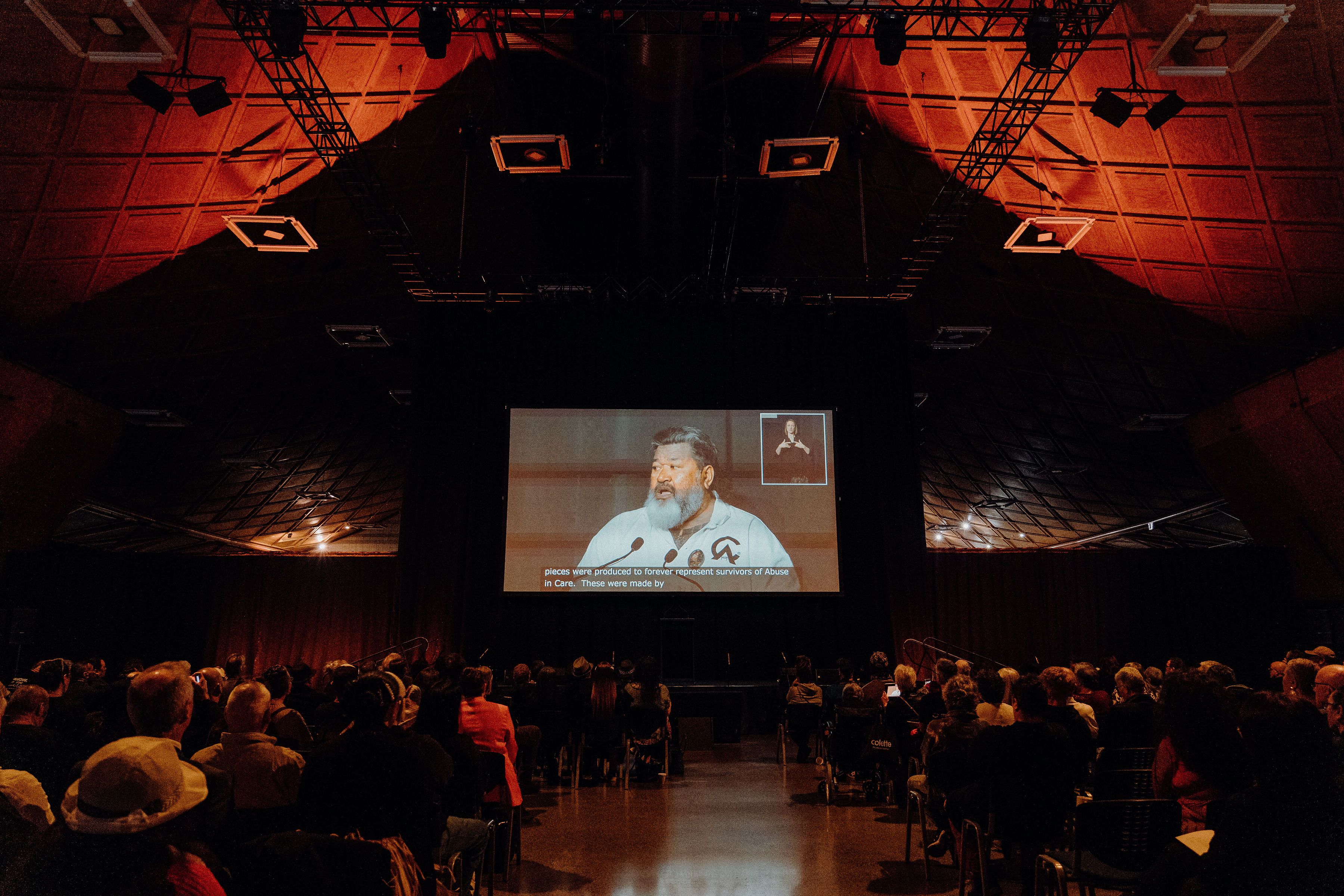

Photo/Screenshot/Unsplash
Presbyterian Church formally apologises to survivors of abuse as Auckland event nears
Following a survivor-designed apology in Dunedin, the church launches a holistic redress process in Manukau, offering financial and cultural support.


WHO pushes for safer, affordable surgeries across the Pacific

Pacific Eyes' alliance proposal set to lock in intelligence-sharing as China's reach grows

Sāmoa court considers culture, corruption in post-election petitions

Niue Language Week: A historic celebration of ‘Stories of Niue’ from parents to children

WHO pushes for safer, affordable surgeries across the Pacific

Pacific Eyes' alliance proposal set to lock in intelligence-sharing as China's reach grows

Sāmoa court considers culture, corruption in post-election petitions
The Presbyterian Church of Aotearoa New Zealand is issuing a formal apology to survivors of abuse in its care, alongside the launch of a survivor-designed redress process.
The Auckland apology will take place at 10am on Saturday, 4 October at the Due Drop Events Centre in Manukau. The Dunedin apology event was held on 27 September at the Otago Museum.
This comes more than a year after the Abuse in Care Royal Commission of Inquiry published its final report.
The Inquiry revealed that up to a quarter of a million children and adults were abused or neglected in state and faith-based institutions between 1950–1999. The key findings condemned the Presbyterian Church for failing to confront abuse, protect children and vulnerable people, or act on complaints, allowing perpetrators to continue offending.
Survivors were often disbelieved, isolated, or discouraged from speaking out. The church prioritised protecting its reputation over upholding zero-tolerance policies and ethical standards.
Among Pacific Christians in Aotearoa New Zealand, Presbyterianism is the second-largest denomination, after Catholicism.

Presbyterianism is the second largest denomination for Pacific Christians. Photo/Unsplash
Katerina Solomona, convenor of the Presbyterian Council of Assembly, says trust in the church is deeply broken and stresses the need for survivor-led change.
“We have failed them, and we're deeply sorry, but words are hollow if there are no actions,” she tells William Terite on Pacific Mornings.
“Our people have been hurt for so long and they're looking to us to say sorry. It does not mean that it's the end for us. The church, the faith base, they've got a long way to go, but it has to start with the survivor-centric approach.”
The Inquiry also noted the church failed to properly record the ethnicities of Pacific and Māori children.
“We were supposed to be there to protect them. We failed to protect them,” she says. “Many survivors were removed from their cultures and languages and experienced long-term sexism and racism.”
Watch Katerina Solomona's full interview below.
The church says the apology comes after repeated delays and growing calls for accountability.
“Survivors have waited too long to hear an apology from the Presbyterian Church. It is time for the Church to say sorry to survivors without hesitation or excuse,” a church statement says.
An apology with action
The apology events, overseen by the church’s survivor advisory group, will include a survivor response as the final word and confidential spaces for people to register for the redress process.
Moderator Right Rev Rose Luxford will read the formal apology in English, Te Reo Māori and New Zealand Sign Language. Survivor artwork will be displayed, and well-being support will be available on-site.
The holistic redress model, known as Puretumu Torowhānui, includes financial compensation, legal costs, wellness support, and opportunities for cultural and language reconnection.
“Everything that was shaped, even the redress process, was led by survivors. It was designed by survivors, for survivors, and it was not led by the church,” Solomona says.
Independent navigators will guide survivors through the process, and an external auditor has been appointed to ensure ongoing accountability.
The Presbyterian Church’s apology follows a national apology delivered by the Government in November 2024, when Prime Minister Christopher Luxon recognised that: “Many Māori, Pacific, deaf and disabled people suffered harsher treatment than others. Māori and Pacific children suffered racial discrimination and disconnection from their families, language and culture.”

Survivor Fa'afete Taito spoke at the national apology in Wellington, 2024. Photo/Joseph Safiti
During the Inquiry, Cardinal John Dew, Archbishop of Wellington, also offered an apology to victims and survivors on behalf of the bishops and congregational leaders of the Catholic Church in Aotearoa New Zealand.
Solomona urges other faith communities to take meaningful steps to apologise.
“We must stop. We must reflect and we must not weaponise religion any longer. We must change. We must do better than what we're currently doing because it's about our people.
“This marks the beginning of a long journey towards accountability and healing.”
Videos of the apology will be available online, including versions in Te Reo Māori and NZSL.